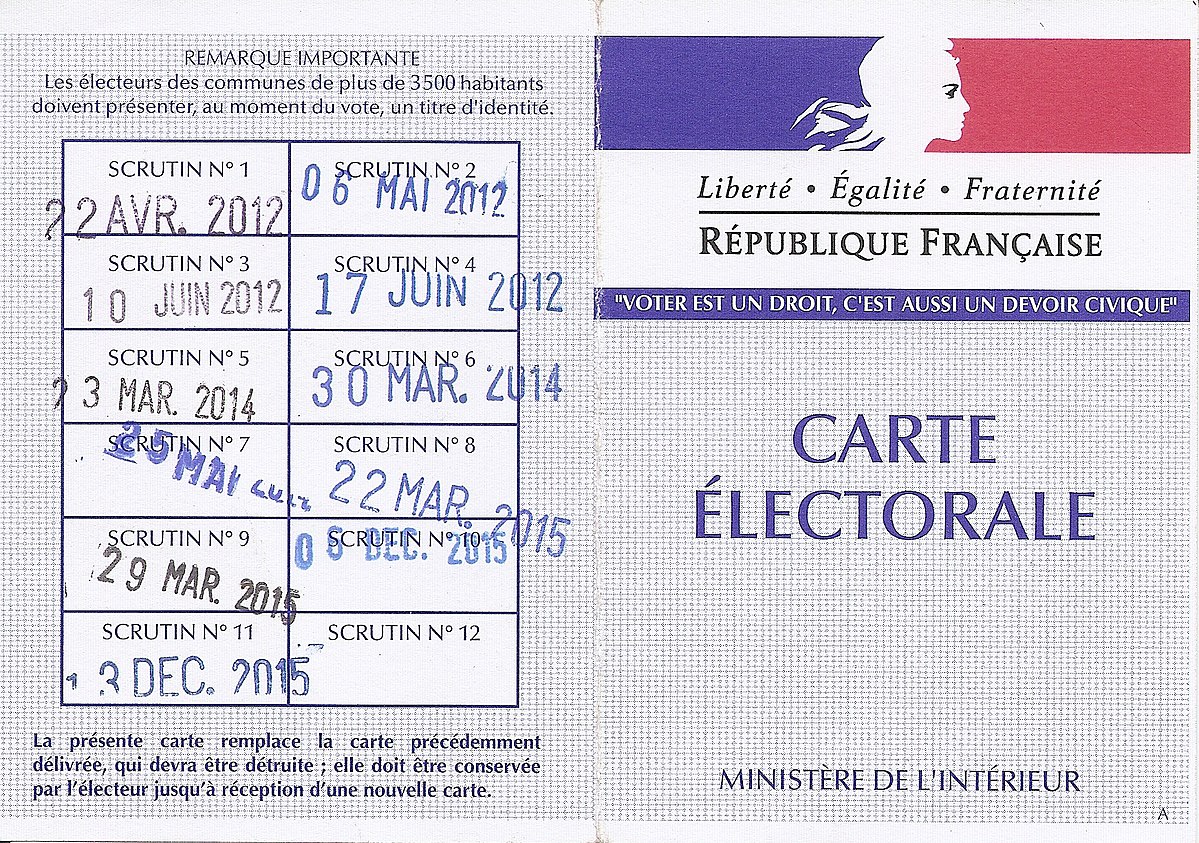When the election tracts arrived in the mail–twelve of them, one for each candidate for president—I laid them all out on the plastic tablecloth in my grandmother’s kitchen. Standing barefoot on the perpetually cold orange and beige tiles, it felt like Christmas and Hanukkah had come early. I was dizzied by the many slogans: “For an alternative on the left”; “Rural first”; “France with all our might”; “Together everything is possible.” I gawked like the foreign visitor to America who, in stereotype, is floored at the overwhelming consumer choices, the dozens of different kinds of toothpastes and so on.
Growing up in America, my consumer options were paralyzingly, pointlessly broad, but as a (future) voter I was always starved for choice. Every four years, we faced existential crises and yet the country would tear itself apart over binary options, with nothing else to flesh out the spectrum: Bush or Gore. Bush or Kerry. The son of a president or a former VP. War or, uh, slightly gentler war. The effete intellectual who went to Yale and the good old boy who…also went to Yale.
Here we have five radical left candidates and two environmentalists! And a fishing and agriculture party! For no damn reason! I might have cried, running my hands over the glossy printouts, each identical in size, texture and weight, subsidized by public funding for elections.
What I also faintly knew at the age of 14, and would later understand more fully, was that choice in elections—like in the sprawling “Chips and Pretzels” aisle at the Safeway—was largely an illusion. This race was a contest between Nicolas Sarkozy—a conservative who’d promised to “get rid of all the thugs” during the 2005 riots in the Paris banlieues, basically Giuliani with a hairline—and Ségolène Royal, a social democrat who seemed nice enough, and the first female nominee of a major political party. Perhaps this was why no one seemed to take her seriously. But I also vaguely didn’t take her seriously; she seemed no match for the force of the right-wing discourse her opponent was harnessing. (Also, as we would learn later, he had received millions in under-the-table campaign funds from Muammar Gaddafi. Allegedly.)
My first memory of French politics dated back to 2002, the election which almost brought Jean-Marie Le Pen—a convicted Holocaust denier—to power. It had seemed like a seal was broken in that moment. Yes, people had been horrified, there had been mass protests and leftists had voted to re-elect Chirac in order to avert the unthinkable, but the boundaries had shifted; now Sarkozy could ride the dog-whistling sound bites with which he’d made a name for himself all the way the Elysée Palace.
But I have to say I was never that fired up about Royal anyway. My eye had been drawn to Olivier Besancenot, who was 32 and a postman, not 53 and a career politician. He was running on universal income, drastic military cuts, and disarmament. He was the candidate of the Revolutionary Communist League, whose slogan was “our lives are worth more than their profits.” My mother took my interest in this fiery Trotskyist not as an ideological stance but as a sign that I had the hots for him. Wrong, but given the perpetual barrenness of my love life, I can’t blame her for grasping at straws.
Elections in France are on Sundays to make voting easier—what a concept!—so on April 22, 2007, I accompanied my mother to the polls. She signed her name on the register and picked up her voting materials: 13 slips of paper (twelve with the names of candidates and the last one blank), and an envelope for the chosen ballot. Remembering the hanging chads in Florida, I thought that this very analog system was wise.
She took me with her behind the curtain of the voting booth and let me vote for her. I picked Besancenot, put the ballot in the envelope, and under the charmed eyes of the poll workers I made my way to the urne—the clear plastic ballot box—and placed my ballot in the box all by myself like a grownup. I’m sure a more precocious version of me would have seen in this scene a metaphor for voting in general, but I did not.
My choice, like everyone else’s, was sealed with the customary phrase: “a voté!”
Emily Lever






